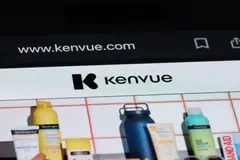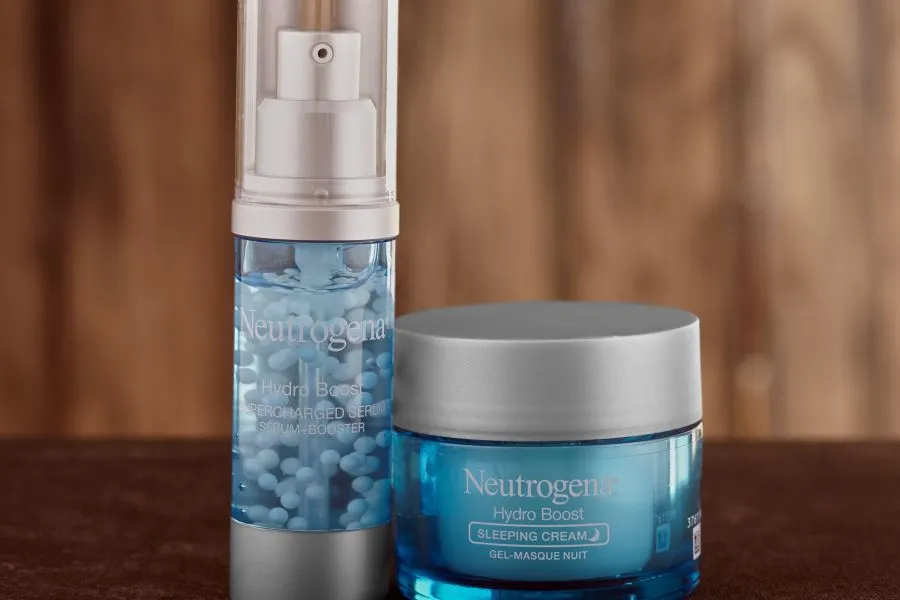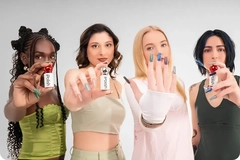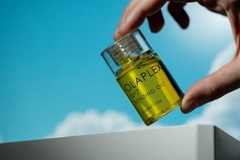Kenvue considers skin health and beauty division sale amid financial decline
Key takeaways
- Kenvue is considering selling or spinning off its skin health and beauty division due to declining sales and ongoing health allegations related to Tylenol.
- The division, including brands like Neutrogena and Aveeno, could be valued at US$6–9 billion.
- Kenvue is undergoing a strategic review, which the company said could include simplifying its brand portfolio.

Kenvue is reportedly considering selling or spinning off its skin health and beauty unit following sales slumps and damaging health allegations against its pain reliever, Tylenol.
Analysts report that the division, despite declining sales, could be valued at US$6–9 billion. The unit includes brands such as Neutrogena, Aveeno, and Clean & Clear. There is reported interest in Neutrogena and Aveeno.
The global consumer health company is undergoing a strategic review to streamline operations and restore company value after financial losses. It has had a turbulent year marked by leadership changes and investor pressure.
According to Reuters, around a year ago, activist investor Starboard Value prompted the company to appoint Starboard’s CEO, Jeffrey Smith, and two additional directors to its board in March, to avoid a potentially costly and time-consuming fight. In July, Kenvue’s board ousted its CEO.
Kenvue is said to be open only to divesting non-core brands for now. The move allows the company to refocus on its core over-the-counter and health care business, which includes brands like Tylenol, Band-Aid, and Benadryl.
Declining beauty sales
In the third quarter of 2024, Kenvue reported a 4.2% sales decline in its Skin Health and Beauty division, which includes brands like Neutrogena and Aveeno. A strategic review was later announced alongside a preliminary sales decline, sparking rumors of divestitures and portfolio simplification.
“The board’s strategic review is underway, and we are considering a broad range of potential alternatives, including ways to simplify the company’s portfolio and how it operates,” said Larry Merlo, chair of the board at Kenvue in July.
 Kenvue is reportedly exploring divesting its beauty division.The financial falls were swiftly followed by leaked news that Health Secretary Robert F. Kennedy, Jr. (RFK) planned to link the US-based company’s commonly used painkiller, Tylenol, to autism.
Kenvue is reportedly exploring divesting its beauty division.The financial falls were swiftly followed by leaked news that Health Secretary Robert F. Kennedy, Jr. (RFK) planned to link the US-based company’s commonly used painkiller, Tylenol, to autism.
The same day, the FDA, part of RFK’s Department of Health and Human Services, initiated the process for a label change for acetaminophen (Tylenol) to reflect evidence suggesting that the use of acetaminophen by pregnant women may be associated with an increased risk of neurological conditions, such as autism and ADHD in children.
Following the announcements, Kenvue shares fell 14%.
The company has faced lawsuits for years alleging a possible link between autism and the use of Tylenol. However, last August, a US federal court dismissed all the cases due to a lack of scientific evidence.
“The facts are that over a decade of rigorous research, endorsed by leading medical professionals and global health regulators, confirms there is no credible evidence linking acetaminophen to autism,” a Kenvue spokesperson said in a statement.
Health and medical groups have noted that acetaminophen is useful for treating maternal fever and pain, which can also harm children.
Analysts and investors have said that the US government’s statements have cost Kenvue approximately US$10 billion in market value and prompted investors to steer clear of the company.
“In our view, the company’s current structure makes [a full sale] unlikely, but a more focused OTC and skin care business could eventually become a target,” a July HSBC research note said.













